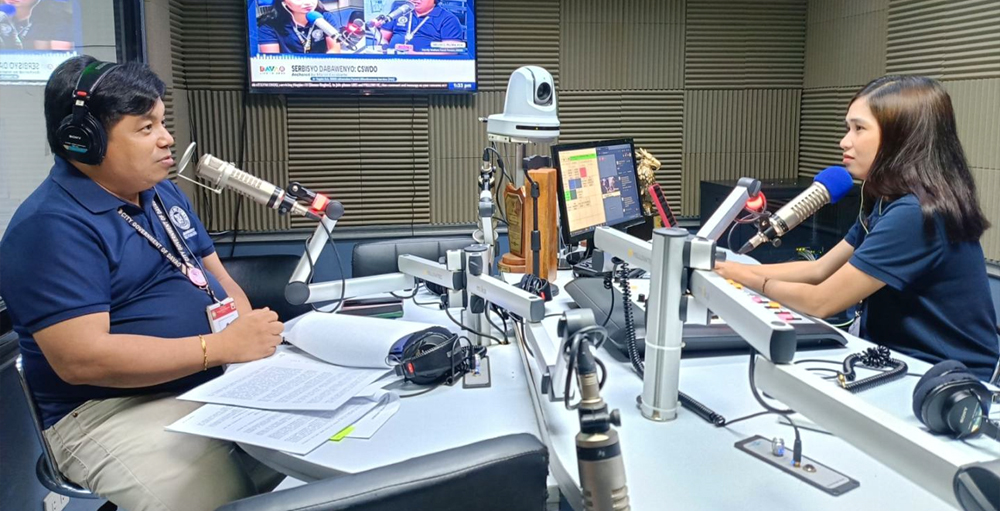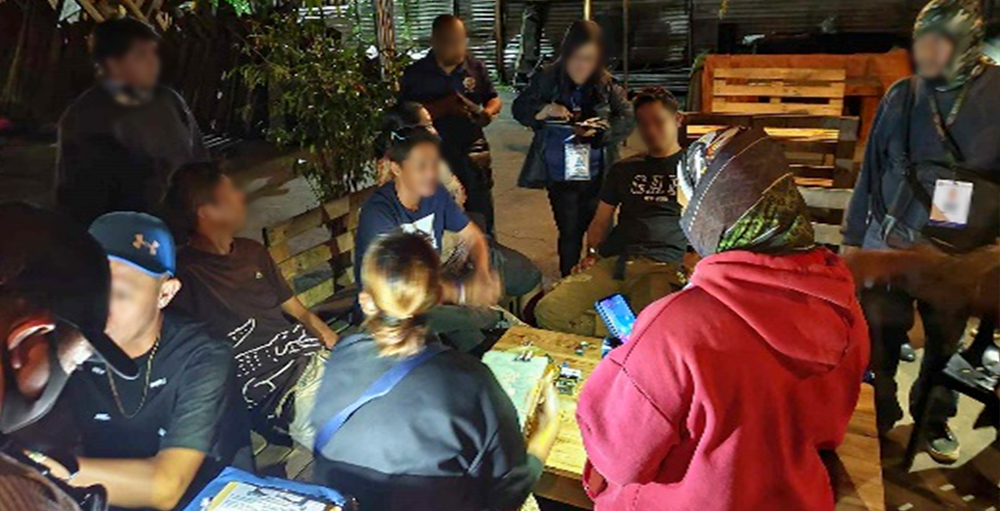The City Social Welfare and Development Office (CSWDO) continues its efforts to support parents through the Parent Service Effectiveness (PES) Program, providing a series of sessions in various barangays across the city.
Social Worker Melvin Pilvira, Family Welfare Focal Person of CSWDO’s Social Welfare Operation Division (SWOD), said the program aims to equip parents and parent-substitutes with knowledge and skills to support their children’s holistic growth.
He said the PES program is in accordance with Republic Act No. 11908 signed into law on July 28, 2022.
He said social workers facilitating the sessions follow a comprehensive manual covering various topics, including Parents and Parent-Substitutes and their Roles and Needs, The Filipino Family, Challenges of Parenting, Child Development, and Keeping Your Child Safe from Abuse.
Other topics include Building Children’s Positive Behavior, Health and Nutrition, Home Management, Keeping a Healthy Environment for Your Children, Keeping Children Safe in Times of Disasters, and Investment in Adolescents.
He also explained that the PES program is designed to help parents better understand their children, particularly in today’s fast-changing social environment.
“So muingon ta nga ang mga bata gahi og ulo, unya ang uban di na mag-open up. Siguro naa pod ta’y gamay nga problema when it comes to parenting sa pagsugod. Mao na’y ginatutukan sa PES program nga para mag-meet halfway si mama ug ang bata nga kining bata maka-open up (Some people say children nowadays are stubborn or don’t open up, but maybe the real issue lies in how parenting begins. The PES program focuses on bridging that gap so that parents and children can meet halfway and communicate openly),” he said.
He said that beyond improving family communication, the program aims to reduce incidents of gangsterism, teenage pregnancy, and bullying by promoting responsible and effective parenting practices.
He also highlighted that modern parenting must move away from outdated disciplinary methods, such as physical punishment, and instead focus on constructive and nurturing techniques.
“Naa ta’y giapil unsay buhaton [sa parent] nga dili naman diay pwede karon ang pagbunal, paglaparo, ug ibitay (We have included effective ways parents should do to discipline their children, as traditional practices like spanking, slapping or harsh punishment are no longer acceptable),” she said.
Pilvira also encouraged parents to take advantage of the sessions, emphasizing that strong family relationships are key to raising responsible, well-rounded children. CIO



